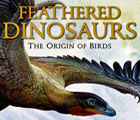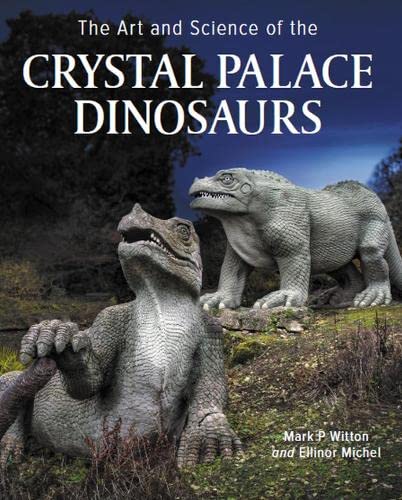The species epithet (aka specific name), not to be confused with an epitaph which is completely different, is the second part of a two word species name (aka a binomen, scientific name or Latin name) that scientists attach to every type of critter via binomial nomenclature—a formal system of naming organisms. To distinguish certain types of creatures from all others their species epithet is attached to a genus or generic name (the first part of a two word species name), and that includes the ones that are referred to mostly by their "common" names, such as humans, lions, and tigers.
For example: The two part species name for modern day humans is Homo sapiens. Homo is the genus or generic name and sapiens the species epithet or specific name.
The species epithet is particularly useful in identifying different species within the same genus. For example; the scientific name for our extinct early Pleistocene-aged ancestors is Homo ergaster. Again, Homo is the generic name because all humans belong to the same genus, but this time ergaster is the species epithet because it represents a different species of Homo. Cue childish giggles.
Amongst other things, the species epithet can be based on a place of discovery (oxoniensis, "from Oxford"), honor people (spielbergi, "for Steven Spielberg"), hint at a defining feature (magnus, "large"), or massage the ego (rex, "king") as long as they are presented in Latin form, regardless of which language they originate from. It must be written in lower case italics too, whereas the genus (or generic) name must be written in italics with the first letter Capitalized. Them's the rules according to the ICZN and failure to adhere to them will result in much pointing and laughing from experts who are pretty unforgiving about such things.
For example: The two part species name for modern day humans is Homo sapiens. Homo is the genus or generic name and sapiens the species epithet or specific name.
The species epithet is particularly useful in identifying different species within the same genus. For example; the scientific name for our extinct early Pleistocene-aged ancestors is Homo ergaster. Again, Homo is the generic name because all humans belong to the same genus, but this time ergaster is the species epithet because it represents a different species of Homo. Cue childish giggles.
Amongst other things, the species epithet can be based on a place of discovery (oxoniensis, "from Oxford"), honor people (spielbergi, "for Steven Spielberg"), hint at a defining feature (magnus, "large"), or massage the ego (rex, "king") as long as they are presented in Latin form, regardless of which language they originate from. It must be written in lower case italics too, whereas the genus (or generic) name must be written in italics with the first letter Capitalized. Them's the rules according to the ICZN and failure to adhere to them will result in much pointing and laughing from experts who are pretty unforgiving about such things.
Recommended













